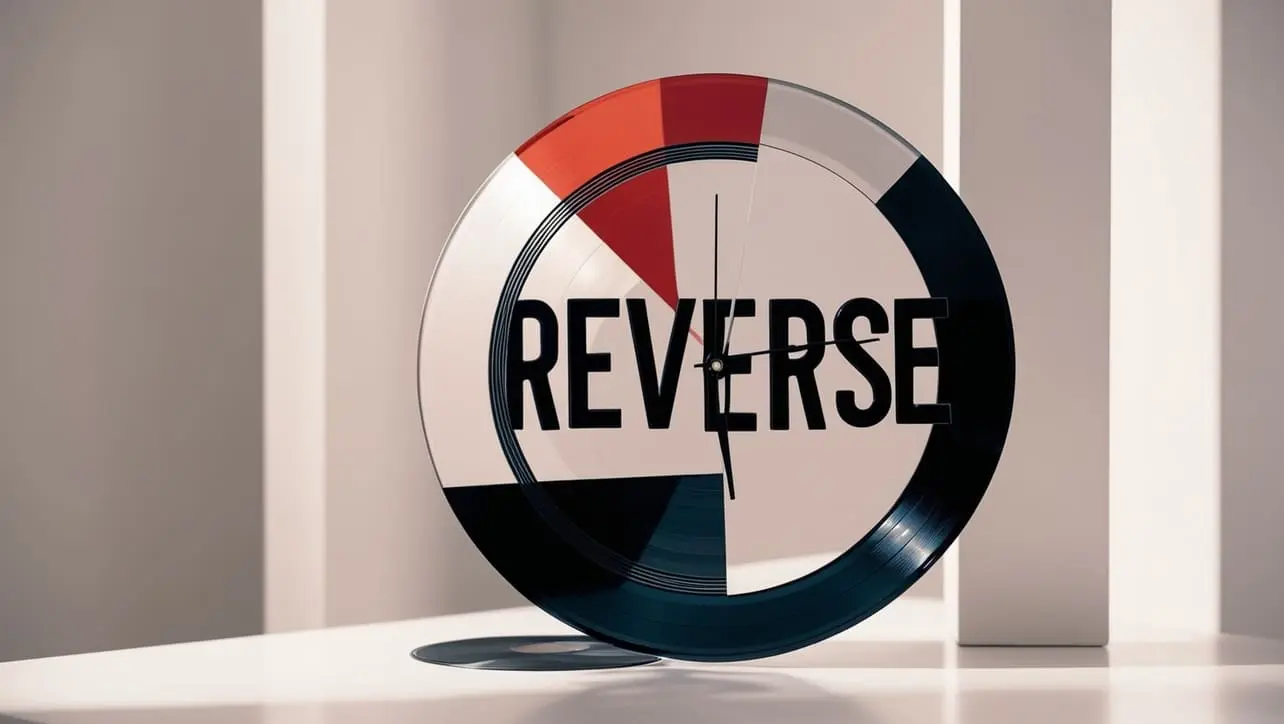
Lodash Home
- Lodash Intro
- Lodash Array
- _.chunk
- _.compact
- _.concat
- _.difference
- _.differenceBy
- _.differenceWith
- _.drop
- _.dropRight
- _.dropRightWhile
- _.dropWhile
- _.fill
- _.findIndex
- _.findLastIndex
- _.flatten
- _.flattenDeep
- _.flattenDepth
- _.fromPairs
- _.head
- _.indexOf
- _.initial
- _.intersection
- _.intersectionBy
- _.intersectionWith
- _.join
- _.last
- _.lastIndexOf
- _.nth
- _.pull
- _.pullAll
- _.pullAllBy
- _.pullAllWith
- _.pullAt
- _.remove
- _.reverse
- _.slice
- _.sortedIndex
- _.sortedIndexBy
- _.sortedIndexOf
- _.sortedLastIndex
- _.sortedLastIndexBy
- _.sortedLastIndexOf
- _.sortedUniq
- _.sortedUniqBy
- _.tail
- _.take
- _.takeRight
- _.takeRightWhile
- _.takeWhile
- _.union
- _.unionBy
- _.unionWith
- _.uniq
- _.uniqBy
- _.uniqWith
- _.unzip
- _.unzipWith
- _.without
- _.xor
- _.xorBy
- _.xorWith
- _.zip
- _.zipObject
- _.zipObjectDeep
- _.zipWith
- Lodash Collection
- Lodash Date
- Lodash Function
- Lodash Lang
- Lodash Math
- Lodash Number
- Lodash Object
- Lodash Seq
- Lodash String
- Lodash Util
- Lodash Properties
- Lodash Methods
Lodash _.reverse() Array Method

Photo Credit to CodeToFun
🙋 Introduction
Array manipulation is a common task in JavaScript development, and the Lodash library provides a range of utility functions to streamline these operations. One such powerful method is _.reverse().
This method allows developers to reverse the order of elements within an array, providing a straightforward solution for scenarios where data needs to be presented in the opposite sequence.
🧠 Understanding _.reverse()
The _.reverse() method in Lodash allows you to reverse the order of elements in an array. This is particularly useful when dealing with scenarios where the presentation order of data needs to be inverted.
💡 Syntax
_.reverse(array)- array: The array to reverse.
📝 Example
Let's delve into a practical example to showcase the functionality of _.reverse():
// Include Lodash library (ensure it's installed via npm)
const _ = require('lodash');
const originalArray = [1, 2, 3, 4, 5];
const reversedArray = _.reverse(originalArray);
console.log(reversedArray);
// Output: [5, 4, 3, 2, 1]In this example, the originalArray is reversed using _.reverse(), resulting in a new array with elements in the opposite order.
🏆 Best Practices
In-Place Reversal:
By default,
_.reverse()performs an in-place reversal, meaning it directly modifies the original array. Be aware of this behavior to avoid unintentional side effects.example.jsCopiedconst arrayToReverse = [1, 2, 3, 4, 5]; _.reverse(arrayToReverse); console.log(arrayToReverse); // Output: [5, 4, 3, 2, 1]Immutable Reversal:
If you prefer to keep the original array unchanged, create a copy and then apply
_.reverse()to the copy.example.jsCopiedconst originalArray = [1, 2, 3, 4, 5]; const reversedCopy = _.reverse([...originalArray]); console.log(originalArray); // Output: [1, 2, 3, 4, 5] console.log(reversedCopy); // Output: [5, 4, 3, 2, 1]
📚 Use Cases
User Interface:
In scenarios where data is displayed in a user interface, reversing the order of elements can be useful for presenting information in a different visual style.
example.jsCopiedconst originalData = /* ...fetch data from API or elsewhere... */; const reversedData = _.reverse([...originalData]); // Display reversedData in the user interfaceData Processing:
For certain data processing tasks, reversing the order of elements might be necessary for correct calculations or analytics.
example.jsCopiedconst numericData = /* ...fetch numeric data... */; const reversedNumericData = _.reverse([...numericData]); // Perform calculations or analytics on reversedNumericData
🎉 Conclusion
The _.reverse() method in Lodash offers a simple yet powerful solution for reversing the order of elements within an array. Whether you are working on user interfaces, data processing, or other array-related tasks, this method can be a valuable addition to your JavaScript toolkit.
Explore the capabilities of _.reverse() in Lodash and leverage its functionality to enhance the presentation and processing of arrays in your projects. Unlock the potential of array manipulation with Lodash!
👨💻 Join our Community:
Author

For over eight years, I worked as a full-stack web developer. Now, I have chosen my profession as a full-time blogger at codetofun.com.
Buy me a coffee to make codetofun.com free for everyone.
Buy me a CoffeeShare Your Findings to All
Recent Post in lodash














If you have any doubts regarding this article (Lodash _.reverse() Array Method), please comment here. I will help you immediately.